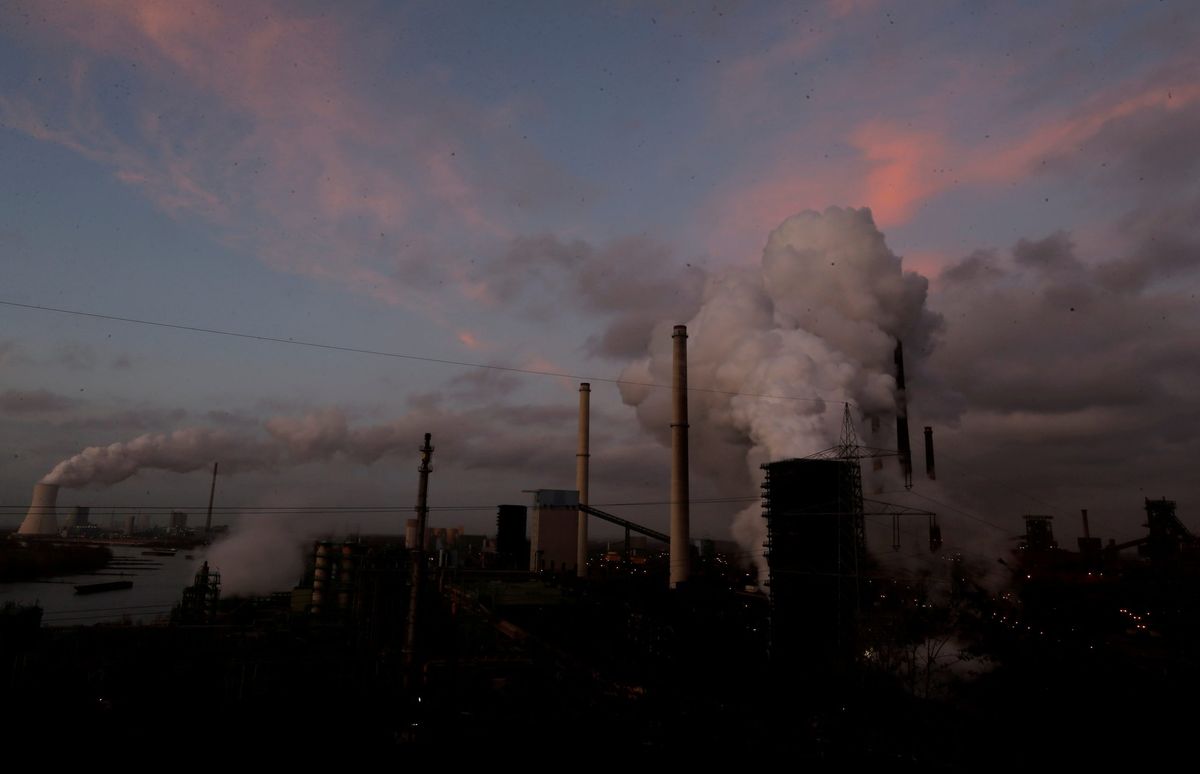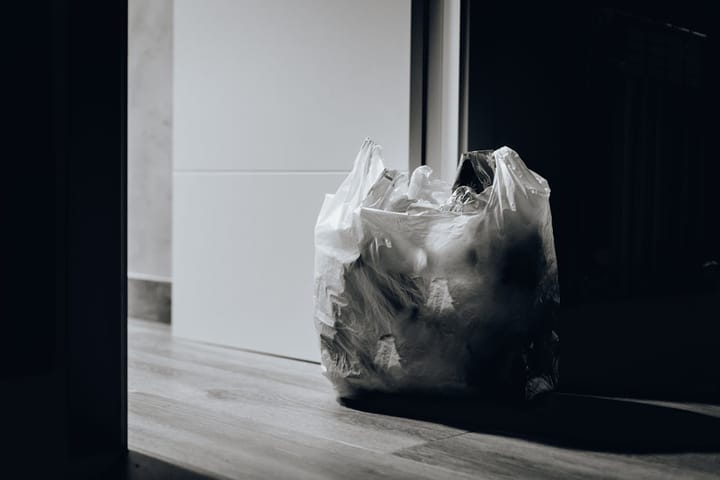The European Commission proposes new measures against air pollution

A few minutes every morning is all you need.
Stay up to date on the world's Headlines and Human Stories. It's fun, it's factual, it's fluff-free.
Each year, there are 300,000 premature deaths in Europe because of air pollution. It also causes a lot of problems like diabetes, lung disease and cancer. Many European countries have their own laws and approaches to cleaning up the air, water and environment, though they mostly fall short of WHO recommendations. Yesterday, the UN also released a new report which says that most countries’ current climate pledges won’t cut it for reaching global goals to avoid catastrophic climate change.
On Wednesday, EU leaders proposed stricter measures to achieve zero pollution by 2050 and tackle health and environmental problems related to pollution across the bloc. One is that European countries must meet new air pollution limits, cutting more than half of the primary pollutant by 2030. This will bring the EU closer to last year’s tightened WHO air pollution guidelines. Another is that the cost of removing micropollutants from wastewater will be passed over to the companies responsible for it, making a big mark on the pharmaceutical and cosmetics industries.
The European Commission said that the stricter measures could reduce almost 70% of related deaths and that citizens will also have the right to compensation for illegal air pollution-related health issues in the future.
Key comments
“Air pollution is still the largest environmental threat to our health and a serious challenge to our economies. The impacts are worst for the most vulnerable ones, notably children, the elderly, people with certain medical conditions and the economically disadvantaged. It’s clear that we need to do more here and that we need to act with determination,” said European Commissioner for the Environment, Virginijus Sinkevičius, in a news conference.
“We want to set the EU on a trajectory for zero pollution in the air by 2050 at the latest,” Sinkevičius also said in an interview. “Fresh air shouldn’t be a luxury in Europe.”
“To this day, the measures undertaken by the state don’t guarantee that air quality improves enough to respect pollution thresholds as quickly as possible,” said France’s Conseil d’Etat in a statement two weeks ago after ordering the country to pay fines for failing to improve air quality.




Comments ()